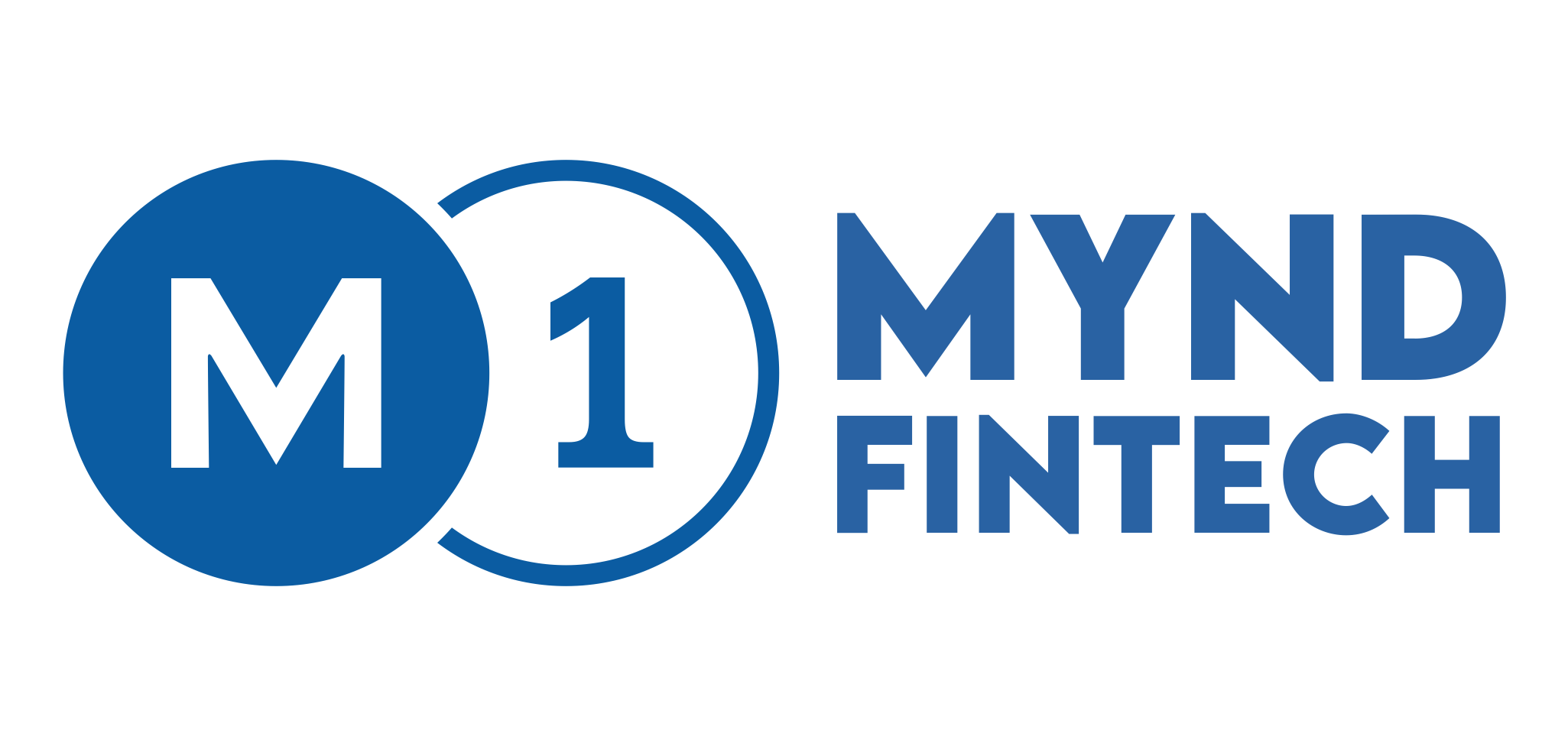For small business owners, the most difficult task is maintaining a stable cash flow. Small firms typically have very few resources. Therefore, they can’t usually afford to deal with unpleasant financial surprises. Unfortunately, cash flow problems such as late payments, equipment failures, unforeseen fees and taxes, and other concerns are a regular aspect of a business.
Supply chain financing (SCF) is a funding tool that provides short-term loans to businesses to expand their operations and meet high demand. It’s a growing trend among small businesses as it helps expand their operations without needing long-term contracts or repayment schedules. Here are three ways supply chain finance solutions can help your business grow:
Applicability Of Supply Chain Financing for Early-Age Startups
Due to their credit history, supply chain finance can be a viable option for early-stage startups because they often face difficulties getting easy access to finance from traditional financial institutions. The broad range of benefits SCF offers to small businesses, including lower interest rates and faster loan approval times, makes it an ideal funding solution for growing startups.
This article explores how supply chain financing can help your business succeed by providing you with the resources necessary to expand and grow your operations further into the future.
Supply Chain Finance to Expand Business
Supply chain finance is a powerful tool for small businesses and startups to expand their operations and grow their business. It can be done through either direct financing or working with a third-party lender.
The following are some of the benefits of working with supply chain finance:
Supply Chain Finance Can enable the smooth movement of goods
Supply Chain Finance is a flexible way to finance your business. It can be an alternative to traditional bank loans, which may not be available or affordable for your company.
SCF enables the smooth movement of goods between buyers and sellers by removing the supply chain’s need for a middle man (or middle men). It means that more goods can move through the supply chain, resulting in lower costs for all parties involved and better customer service for consumers at every stage of the process.
Supply Chain Finance Provides Capital Without a Repayment Schedule.
Supply chain finance is an alternative to traditional bank loans. It’s a type of lending that provides capital without repayment schedules.
Supply chain finance (SCF) has many product offerings such as trade finance, factoring, invoice financing and other terms. The term “supply chain” refers to the fact that SCF involves multiple companies in the supply chain. For example, the manufacturer and its supplier manufacture components for a new product or service. It could be one company supplying another company with raw materials or finished goods from one batch of production through multiple steps until they reach your consumer base at retail stores worldwide!
Supply Chain Finance Helps Businesses Manage Cash Flow
Supply chain finance can help businesses manage cash flow, inventory and receivables. The financial benefits of supply chain financing are not limited to just these three areas. They also include:
- Cash flow management – Supply chain finance helps you manage your cash flow by allowing you to pay off suppliers faster than you usually would be able to do alone. This way, your business will have more money in its pocket and more time to grow or invest in other areas of your business’s operations (or both!).
- Inventory control – Imagine having an unlimited supply of goods at hand but no way of selling them because there isn’t enough demand for them on the market! With supply chain financing from a bank like Capstone Bank & Trust Company, this problem becomes less likely because we can lend against our investments without having any risk involved at all—and we do this through our partnership program, which offers lower rates than other lenders do when lending against inventory or receivables only (such as what some call “unsecured lending”).
Conclusion
Supply chain finance is how small businesses can manage their cash flow. It makes it easier for them to stay afloat and pay their bills on time without worrying about how they will be able to afford extra expenses later on down the line. SCF adds flexibility to a company’s finances by allowing them access to capital when needed—without sacrificing security or stability in any way whatsoever.
FAQs:
Q. 1 How does the supply chain interact with finance?
Ans. Companies need 30 to 60 days to implement a programme. However, this varies based on the resources and alignment of the buyer putting the programme in place.
Q. 2 Why is SCF important?
Ans. Yes, as it provides easy financing to MSMEs.
Q. 3 Is supply chain finance the same as factoring?
Ans. Factoring is one product under the supply chain finance umbrella. From the borrower’s standpoint, Factoring and invoice discounting look up the supply chain to a company’s customers and utilise these debts as collateral. On the other hand, supply chain finance looks down on the suppliers’ supply chains.
Q. 4 Who pays the interest in supply chain finance?
Ans. After billing the debtor, the seller sells the invoice to the lending organisation. The amount is later on returned to the lending institution with interest.

